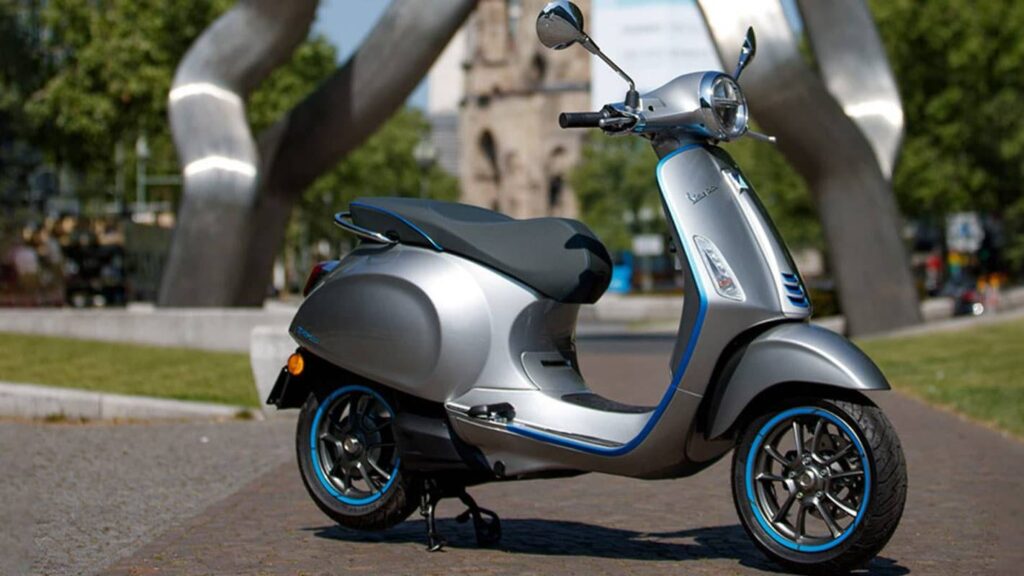Electric scooters have surged in popularity as a convenient, eco-friendly, and fun mode of transportation. Whether you’re considering an electric scooter for daily commuting, recreational use, or as a short-distance travel solution, choosing the right one can be overwhelming.
This buying guide will walk you through the key factors to consider when selecting an electric scooter to ensure you make an informed decision.
1. Determine Your Purpose
Before diving into technical specifications, clarify the primary use of your electric scooter. Are you using it for:
- Daily Commuting: Opt for models with longer battery life and higher speeds.
- Recreational Riding: Look for scooters with good suspension and comfortable decks.
- Short Trips or Errands: Compact, foldable scooters might be ideal.
2. Consider Battery Life and Range
Battery life and range are crucial factors, especially for daily commuters. Electric scooters come with various battery capacities that directly influence how far you can travel on a single charge.
- Short Commutes: Look for scooters with a range of 10-15 miles.
- Long Commutes: Choose models offering 20 miles or more.
- Charging Time: Consider how long the battery takes to charge. Faster charging can be beneficial for frequent use.
3. Evaluate Speed and Performance
Speed requirements vary depending on your needs and local regulations.
- For Urban Areas: Look for scooters with speeds between 15-20 mph, as they are generally fast enough for city commutes but safe for pedestrians and other road users.
- For Off-Road or Speed Enthusiasts: Some high-performance models can exceed 25 mph.
4. Check Weight and Portability
If you need to carry your scooter or take it on public transportation, weight and portability are significant considerations.
- Lightweight Models: Ideal for easy carrying and maneuverability. Weigh between 20-30 lbs.
- Foldable Designs: Many scooters offer foldability for convenient storage and transport.
5. Examine Build Quality and Durability
A durable scooter ensures a longer lifespan and better performance. Look for:
- Materials: Aluminum and high-strength steel are common and offer good durability.
- Build Quality: Check for robust construction, reliable welds, and overall stability.
6. Assess Suspension and Comfort
Comfort plays a crucial role, especially on uneven surfaces or long rides.
- Suspension Systems: Some models come with front and rear suspension to smooth out bumps.
- Deck Size: A larger deck provides more foot space and comfort.
7. Safety Features
Safety should be a top priority. Essential safety features include:
- Brakes: Look for reliable braking systems like disc brakes or regenerative brakes.
- Lights: Front and rear lights improve visibility, particularly in low-light conditions.
- Reflectors: Additional reflectors on the scooter enhance safety during nighttime rides.
8. Budget and Warranty
Electric scooters come in a wide range of prices, so set a budget and find a model that offers the best value within that range.
- Budget Models: Generally, cost between $300-$500.
- Mid-Range Models: Typically range from $500-$1,000.
- High-End Models: Can exceed $1,000 and offer advanced features.
Additionally, check the warranty offered by the manufacturer to protect your investment.
9. Read Reviews and Test Ride
Before making a final decision, read user reviews to understand real-world performance and potential issues. If possible, test ride the scooter to ensure it meets your comfort and performance expectations.
10. Check Local Regulations
Ensure your chosen electric scooter complies with local laws and regulations. Some cities have specific rules regarding scooter speed limits, where they can be ridden, and helmet requirements.

